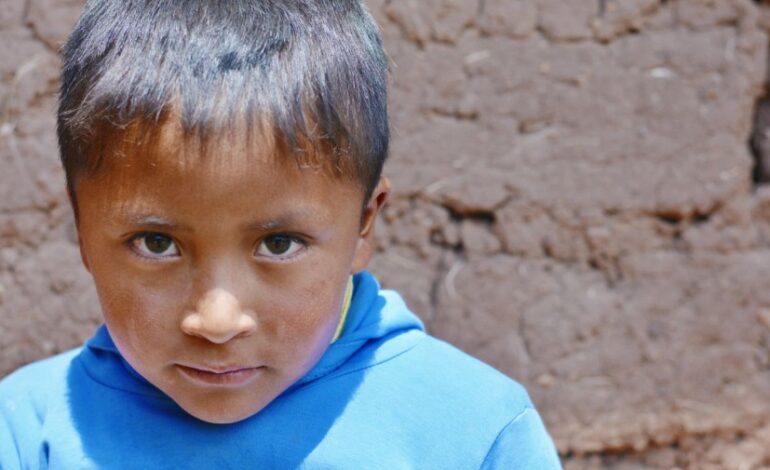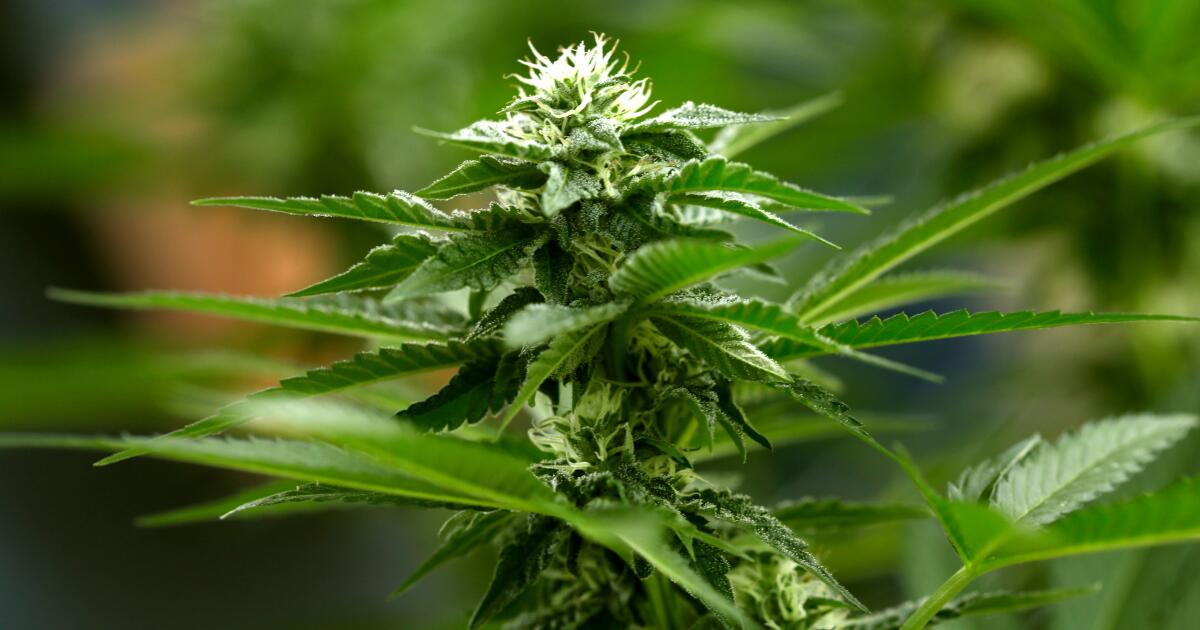Donald Trump’s Actions Impact Children’s Future, Experts Warn

Donald Trump’s behavior and rhetoric have raised concerns among educators, psychologists, and parents regarding their impact on American children. Experts argue that the divisive nature of his public persona is affecting the emotional and psychological well-being of young people across the United States.
Research conducted by the American Psychological Association indicates that children are particularly sensitive to the political climate around them. According to a report published in March 2024, many children experience increased anxiety and confusion as they absorb the negative messaging and polarization prevalent in daily news cycles.
Heightened Anxiety Among Youth
The American Academy of Pediatrics has also expressed alarm over the implications of political turmoil on child development. Their findings suggest that children exposed to a steady stream of contentious political discourse are more likely to exhibit signs of distress, including heightened anxiety, depression, and behavioral issues. This is particularly concerning given the long-term effects these emotional struggles can have on a child’s growth and social interactions.
Parents have reported that their children are increasingly asking questions about political events, often reflecting fear or confusion. Many families find it challenging to address these inquiries in a way that fosters resilience and understanding. As one parent from Chicago noted, “My child is constantly worried about what they hear on the news. It’s hard to explain that not everything is as dire as it seems.”
Impacts on Education and Socialization
Schools, too, have felt the ripple effects of this political climate. Teachers are grappling with how to create a safe and supportive environment for students amid rising tensions. The need for mental health resources in educational settings has never been more urgent. According to a survey by the National Education Association, 73% of educators reported an increase in students seeking support for anxiety and related issues since Trump’s presidency.
Moreover, the long-term consequences of this environment are troubling. Experts warn that children who grow up in a context of division may struggle to develop critical social skills and may face challenges in forming healthy relationships. The societal fabric could be frayed further if young people do not learn effective conflict resolution and communication skills.
In light of these challenges, mental health professionals emphasize the importance of fostering open dialogue within families and schools. They advocate for proactive measures such as mental health education and support systems that can help children navigate their feelings about the world around them.
As political discourse continues to evolve, the responsibility lies with adults to mitigate its impact on future generations. By addressing the underlying issues and promoting positive communication, society can work towards a healthier environment for children, one that encourages empathy and understanding rather than divisiveness.
The stakes are high, and the future of America’s youth hangs in the balance.






